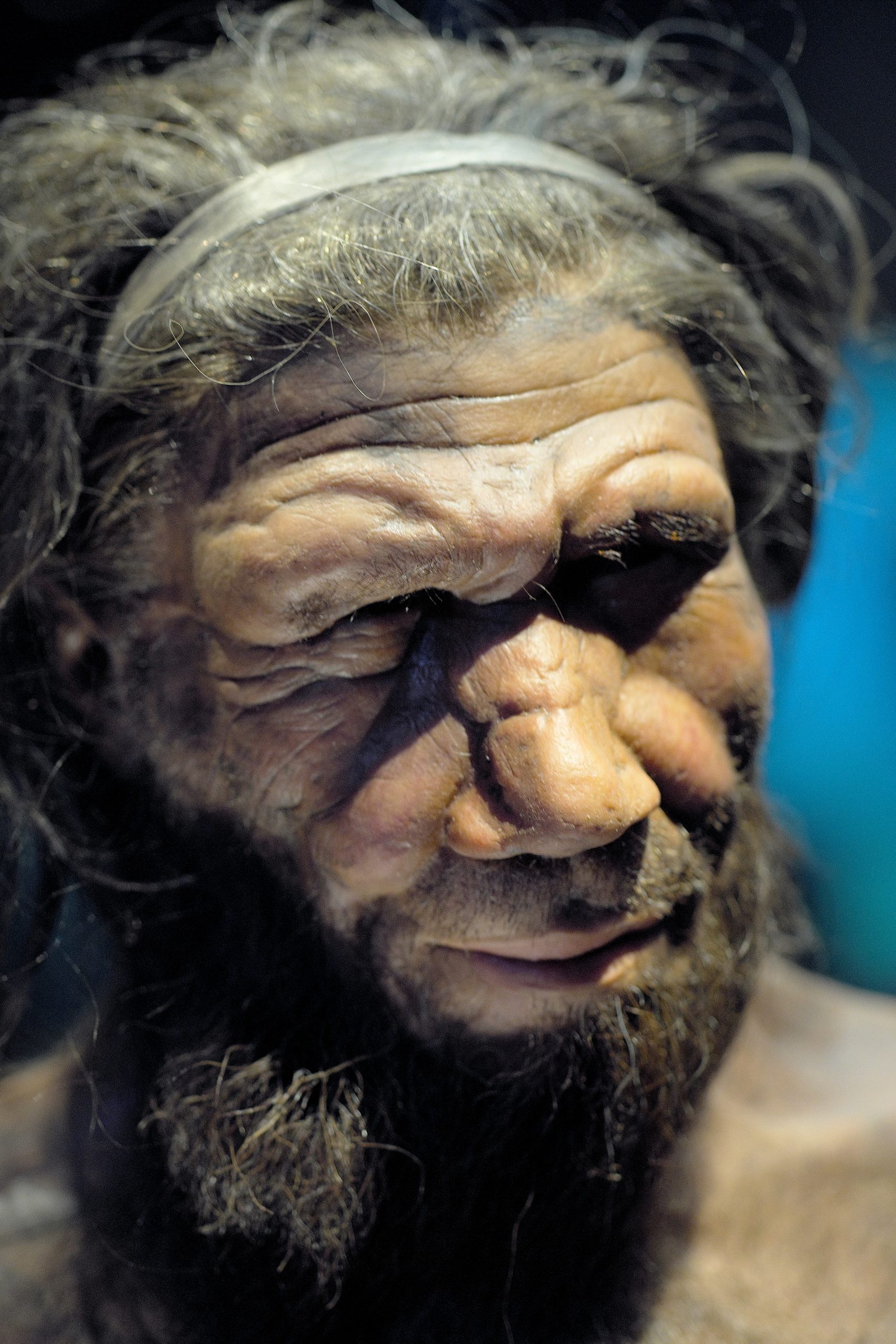
most ancient human genome discovered has been sequenced, a Denisovan
On Jul. 11, 2024, Stéphane Peyrégne from the Max Planck Institute for Evolutionary Anthropology unveiled a genetic sequence that is the oldest high-quality human genome yet—80,000 years older than the previous record holder: a Neanderthal that lived about 120,000 years ago. The new results come after more than a decade of effort to find fossilized bones and a second genome of a Denisovan, the mysterious archaic human discovered through its DNA 14 years ago.
Archaeologist Maxim Kozlikin of the Russian Academy of Sciences (RAS) found a molar in a deep layer dated to 200,000 years ago in a Denisova Cave. The RAS team sent the molar to Max Planck, where evolutionary geneticists extracted enough DNA to provide 24-fold coverage of the genome, considered exceptional for such old DNA. Working in the lab of computational biologist Janet Kelso, Peyrégne and colleagues compared the new DNA sequence with that of Neanderthals, other Denisovans, and modern people.
Scientists have also identified some Denisovan DNA in living humans, including in Papuans and Han Chinese people, acquired from past interbreeding. DNA in sediments showed that Denisovans were first in the cave 300,000 years ago, and later lived in a cave on the Tibetan Plateau. The scanty fossils reveal this archaic human had larger molars than did the Neanderthals and a robust lower face, known from a jawbone in China. But no one really knows what Denisovans looked like.
Although Denisovans and Neanderthals apparently interbred repeatedly, their lineages are distinct: They diverged from a common ancestor at least 400,000 years ago. The ancestors of Neanderthals settled in Europe and the Middle East, whereas Denisovans headed farther east into Asia where they evolved separately, acquiring roughly 300,000 genetic changes that differentiate them from Neanderthals, according to the new genome. The study was published in Science.
Tags:
Source: Science
Credit: Images: Courtesy Neanderthal Museum, Mettmann, Germany.
